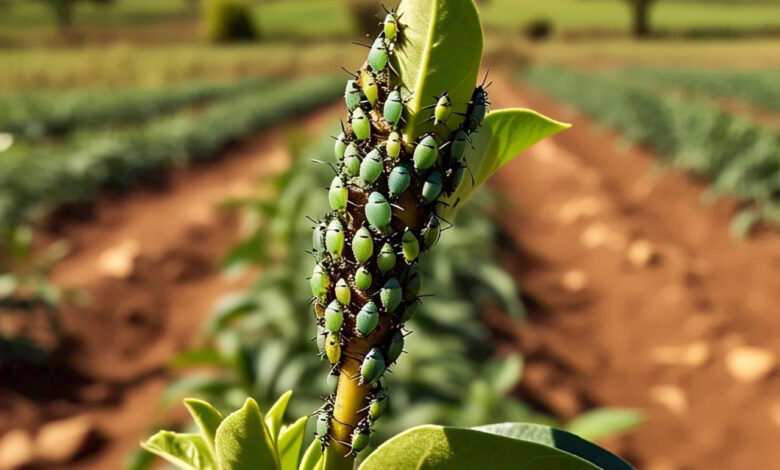Integrated Pest Management: A Path to Reducing Chemical Use in Zimbabwe

Integrated Pest Management (IPM) represents a sustainable approach to pest control that combines various techniques to minimise the reliance on chemical pesticides. By integrating biological, cultural, mechanical and chemical methods, IPM aims to manage pest populations effectively while safeguarding the environment and human health. This approach is particularly relevant in Zimbabwe, where reducing chemical use in agriculture is critical for improving the quality and safety of produce.
Understanding Integrated Pest Management
IPM is not a single method but a comprehensive strategy that involves understanding pest life cycles and their interactions with the environment. Farmers employing IPM begin by monitoring pest populations and identifying the economic thresholds at which pest control measures become necessary. This ensures that interventions are only applied when absolutely required, thereby reducing chemical use in Zimbabwe.
Biological control is a cornerstone of IPM, utilising natural predators, parasites, or pathogens to suppress pest populations. For instance, introducing ladybugs to combat aphids or employing nematodes to target soil-dwelling pests can significantly reduce the need for chemical pesticides. Cultural practices, such as crop rotation and intercropping, disrupt pest habitats and reduce their ability to thrive. Mechanical methods, including traps and barriers, provide additional layers of protection.
Chemical control is considered a last resort within the IPM framework. When pesticides are necessary, they are applied in a targeted manner to minimise their impact on non-target species and the environment. This balanced approach ensures that pest management is both effective and sustainable.
The Importance of Reducing Chemical Use in Zimbabwe
Reducing chemical use in Zimbabwe is essential for several reasons. Firstly, excessive reliance on chemical pesticides can lead to environmental degradation, including soil and water contamination. These pollutants not only harm ecosystems but also pose risks to human health. By adopting IPM, farmers can mitigate these adverse effects and promote ecological balance.
Secondly, the overuse of chemical pesticides often results in the development of pesticide-resistant pest populations. This phenomenon necessitates the use of even stronger chemicals, creating a vicious cycle that is both costly and unsustainable. IPM breaks this cycle by incorporating diverse pest control methods, reducing the likelihood of resistance.
Moreover, reducing chemical use in Zimbabwe enhances the marketability of agricultural produce. Consumers are increasingly demanding food that is free from harmful pesticide residues. By adopting IPM, Zimbabwean farmers can meet these expectations and gain access to lucrative export markets.
Implementing IPM in Zimbabwean Farms
The successful implementation of IPM in Zimbabwe requires a collaborative effort involving farmers, researchers and policymakers. Education and training programs are crucial for equipping farmers with the knowledge and skills needed to adopt IPM practices. Extension services can play a pivotal role in disseminating information and providing on-the-ground support.
Research institutions can contribute by developing and promoting IPM-compatible technologies, such as pest-resistant crop varieties and biopesticides. Policymakers, on the other hand, can create an enabling environment by offering incentives for IPM adoption and regulating the use of chemical pesticides.
Field scouting is a fundamental aspect of IPM, enabling farmers to monitor pest populations and make informed decisions. Regular crop inspections help identify pest infestations early, allowing for timely interventions. For example, if scouting reveals a high population of caterpillars, farmers can introduce parasitic wasps to control the outbreak naturally,
Conclusion: A Sustainable Future for Zimbabwean Agriculture
Integrated Pest Management offers a viable solution for reducing chemical use in Zimbabwe, addressing environmental, economic and health concerns. By embracing this holistic approach, Zimbabwean farmers can enhance the sustainability of their practices, protect natural resources and produce high-quality, marketable crops. The journey toward sustainable agriculture begins with informed choices, and IPM provides the roadmap for achieving this vision





